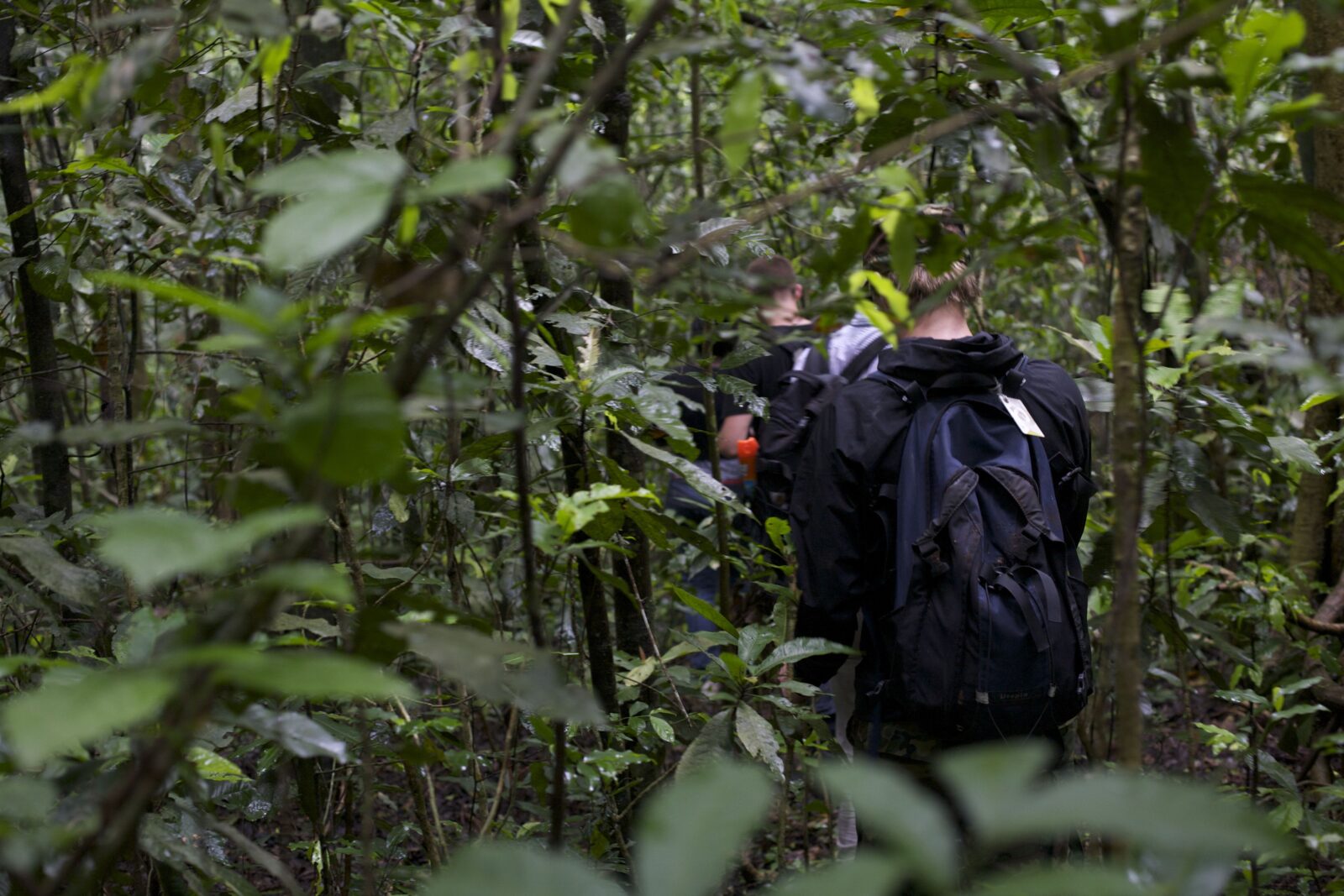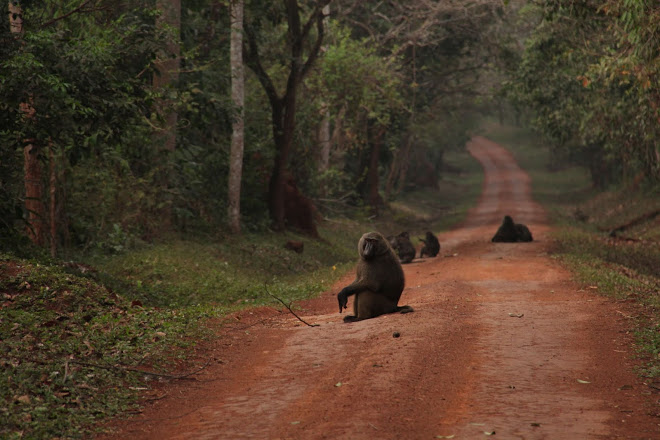Budongo Forest Conservation Volunteering: How to Travel Responsibly with Kids
A Journey Beyond the Ordinary
Traveling with children is often imagined as a chance to escape routine, create unforgettable memories, and open their eyes to the wonders of the world. Yet in recent years, responsible travel has become more than a passing trend—it is now a necessity. Among the countless destinations across Africa, Budongo Forest in Uganda stands out as a living classroom and sanctuary, offering families not just an opportunity to witness natural beauty, but also to take part in a greater mission: conservation.
Within its towering mahoganies, diverse birdlife, and thriving communities of primates, Budongo Forest invites families to participate in volunteering programs that cultivate awareness, foster empathy, and create a tangible impact. This is not a mere holiday—it is an immersion into the heart of conservation. But how does one undertake such a journey responsibly, especially when children are involved? What does it mean to weave the ideals of sustainable travel into a family adventure? And why does Budongo provide a uniquely powerful setting for this experience?
The answers lie within the forest itself, and in the way families approach the delicate balance between exploration and preservation.
The Legacy of Budongo Forest: Why It Matters
A Forest of Global Significance
Budongo Forest, nestled within Uganda’s greater Murchison Falls Conservation Area, is among the country’s most vital ecological treasures. Spanning over 800 square kilometers, it is home to East Africa’s largest population of chimpanzees, countless bird species, rare butterflies, and towering trees that have stood for centuries. This immense biodiversity not only sustains itself but also provides vital ecosystem services to surrounding communities, from regulating climate to supporting agriculture.
The forest is more than a geographical space; it is a living library of life’s complexity. Every rustle in the undergrowth, every birdcall, and every primate swing through the canopy reflects an ecosystem finely balanced and deeply interconnected. For conservationists, researchers, and visitors, Budongo represents a reminder of how fragile and precious the natural world is—and how urgent its protection must be.
The Threats Facing the Forest
Despite its significance, Budongo Forest has not escaped the pressures of modern development. Encroachment for farming, logging of valuable timber species such as mahogany, poaching of wildlife, and climate change have placed the forest under immense stress. Without active conservation, both its flora and fauna would stand at the brink of decline.
Here lies the heart of the matter: conservation cannot succeed in isolation. It requires the participation of local communities, the efforts of researchers, and increasingly, the engagement of international travelers. Families who choose to visit Budongo responsibly and take part in conservation volunteering play a role in this shared mission.
Traveling Responsibly: A Family Approach
What Responsible Travel Truly Means
The concept of responsible travel extends beyond the simple act of visiting a destination without causing harm. It involves traveling with an awareness of impact—on the environment, on local people, and on the cultural integrity of the place visited. For families, this responsibility becomes even more profound, for children absorb not only the sights and sounds of their travels but also the values embodied by their parents.
In Budongo Forest, traveling responsibly means ensuring that activities contribute to conservation, that interactions with wildlife are ethical, and that support is extended to local initiatives that empower surrounding communities. It also means teaching children to approach nature not as a playground to be conquered but as a heritage to be safeguarded.
Shaping Young Minds Through Conservation
Children are naturally curious, observant, and eager to learn. Exposing them to conservation work in Budongo does more than enrich their education—it instills values that may last a lifetime. A child who plants a tree, learns to identify chimpanzee calls, or hears stories from local guides about the challenges of protecting wildlife gains insights no classroom can provide.
These experiences shape empathy, responsibility, and awareness, turning a simple trip into a life-defining journey. Parents often find that such immersive adventures spark conversations about the environment, climate change, and humanity’s role in protecting fragile ecosystems.
Volunteering in Budongo: A Family Experience
The Nature of Volunteering Activities
Conservation volunteering in Budongo is structured not as a tourist attraction but as a contribution to ongoing ecological efforts. Families who engage in such programs often find themselves involved in activities like forest restoration through tree planting, participating in data collection on primates, or assisting researchers in monitoring the health of ecosystems.
Children, guided by experienced conservation staff, are included in safe and age-appropriate tasks, such as learning about seed collection or helping to map trails. Through such participation, they become part of the forest’s story, no longer outsiders gazing in but contributors actively supporting its continuity.
Building Bridges with Local Communities
No conservation effort thrives without community support. Families volunteering in Budongo often encounter local communities whose lives are interwoven with the forest. From cultural exchanges with indigenous groups to visits to village projects that provide alternatives to deforestation, children and parents alike come to understand how conservation is as much about people as it is about wildlife.
By learning about sustainable agriculture, traditional practices, or community-led eco-tourism projects, children grasp the reality that preserving a forest is not simply about trees—it is about creating livelihoods that make protection possible. This awareness fosters respect and a sense of shared humanity that resonates deeply long after the journey ends.
Challenges and Lessons of Traveling with Kids
Adapting to the Realities of Conservation Work
Volunteering in a forest environment is not the same as a typical family holiday. Paths may be rugged, accommodations simpler, and the rhythm of days dictated by conservation schedules. For children, this can be both challenging and rewarding. Adjustments such as limited access to familiar comforts become part of the lesson in resilience and adaptability.
Parents often find that children surprise them with their ability to thrive in these environments. A hike through muddy trails, far from being a burden, becomes an adventure. Learning to wait patiently while researchers collect data instills patience. Each challenge transforms into a lesson in perseverance and appreciation for life outside the usual comforts.
Safety, Well-being, and Ethical Considerations
Concerns about safety and well-being naturally arise when traveling with children. Budongo’s conservation programs place great emphasis on ensuring that activities are conducted in safe settings, that interactions with wildlife remain ethical, and that health and hygiene are prioritized. Families are briefed thoroughly about guidelines, including maintaining respectful distances from primates, minimizing waste, and ensuring that their presence enhances rather than disrupts natural processes.
In these controlled yet immersive environments, children gain not only safety but also the assurance that their actions align with ethical conservation principles. Parents, in turn, gain peace of mind knowing that their participation leaves a positive legacy.
The Deeper Rewards of Conservation Travel
Beyond the Forest: Values for a Lifetime
For many families, the greatest reward of volunteering in Budongo is not what is seen but what is felt. The awe of standing beneath ancient trees, the wonder of spotting a chimpanzee troop, and the joy of working together as a family towards a meaningful goal create lasting memories. But beyond these, there is a deeper reward: values.
Children return home carrying the seeds of responsibility, stewardship, and global awareness. Parents discover that their choice to travel responsibly has created not only a holiday but a profound educational journey—one that continues to echo through everyday conversations, choices, and commitments.
Inspiring the Next Generation of Guardians
In a world increasingly threatened by ecological crises, the need for future conservation leaders cannot be overstated. Experiences in Budongo ignite passion and awareness in children that may inspire future careers or lifelong advocacy. Whether a child becomes a conservationist, a teacher, or simply a more environmentally conscious adult, the lessons of Budongo ripple outward into society.
Families, by choosing such experiences, participate in a legacy of stewardship that transcends the boundaries of a single trip.
Practical Pathways to Responsible Volunteering
Planning for a Meaningful Journey
Engaging in conservation volunteering requires planning that ensures both effectiveness and family well-being. Families are encouraged to prepare children for the journey by explaining the significance of conservation, involving them in the planning process, and setting realistic expectations. Packing responsibly—emphasizing sustainability, reducing waste, and avoiding unnecessary luxuries—also becomes part of the preparation.
Traveling to Budongo is not a hurried experience but one best embraced at a thoughtful pace, with time allocated for both volunteering and rest. Allowing children moments of quiet reflection or unstructured exploration complements structured conservation activities and deepens their connection to the environment.
Making Responsible Choices While There
While in Budongo, families can reinforce responsible travel practices through simple yet impactful choices. Supporting local guides, choosing eco-friendly accommodations, minimizing plastic use, and respecting cultural practices are all ways to ensure that their journey contributes positively. Every meal shared, every story exchanged, and every effort to tread lightly leaves an imprint of care and respect.
A Call to Travel with Purpose
Budongo Forest is not simply a destination; it is a living reminder of humanity’s responsibility to protect the natural world. For families seeking a journey that transcends the ordinary, conservation volunteering in Budongo offers both profound rewards and transformative lessons. Children learn that travel is not just about seeing but about giving. Parents discover the joy of watching their children embrace responsibility. Together, families leave behind not just footprints on forest trails but a legacy of care.
In choosing to travel responsibly, families contribute to the survival of a forest that sustains life far beyond its borders. They weave their story into the greater narrative of conservation, ensuring that the wonders of Budongo remain for generations to come.
For those inspired to embark on such a journey, there is no better partner than WildHorn Africa. With its deep commitment to responsible travel and expertise in crafting meaningful African experiences, WildHorn Africa ensures that every journey is not only unforgettable but also sustainable. Families who book with WildHorn Africa step confidently into a world where travel meets purpose, and where every adventure becomes an act of preservation.






